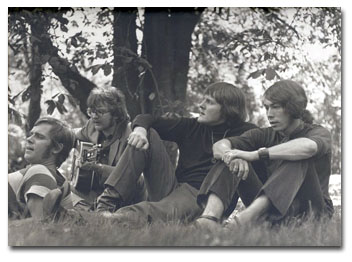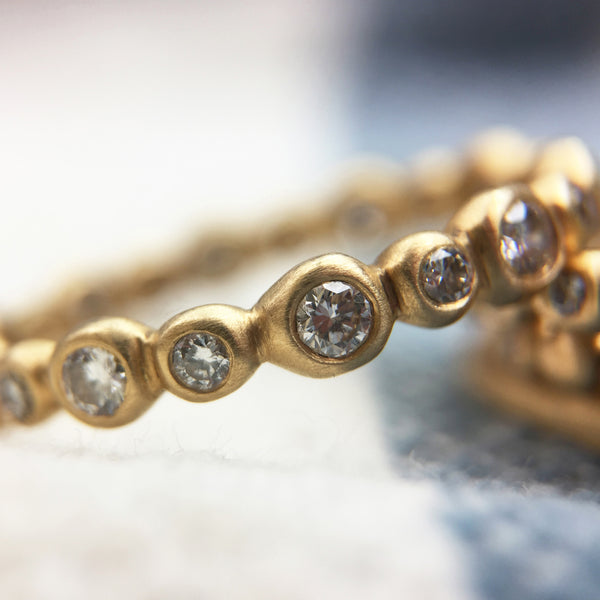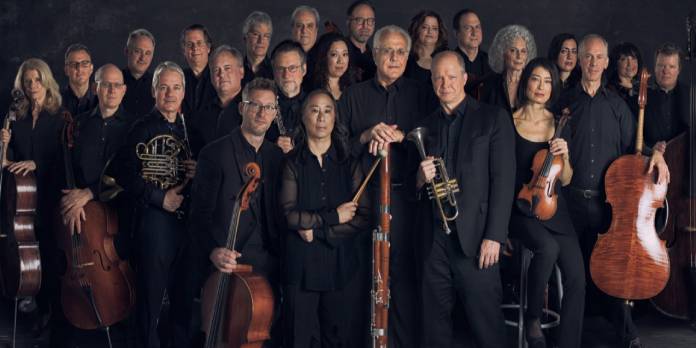
Gary James' Interview With Bruce Arnold OfOfeyi (Orpheus), bandleader and songwriter, is employed by the Cartel until. As previous reviewers have noted, Orpheus was an interesting band in that they straddled genres - while the self-penned songs are essentially very high quality soft pop, theyre woven round with fascinating & even. Ths page comprises some of their reminiscences from 'back in the day.' (We're putting this together in bits and pieces as we remember things.Heres a solid debut album that produced a great Top 40 hit with 'I Cant Find the Time' - but the band never really went on to the fame they deserved, and thats a shame. Gary James' Interview With Bruce Arnold of OrpheusStephen and Snake were both members of the soft-rock group Orpheus, which was active on the national scene from 1968 through 1972. American rock musician known for his work with the Jaggerz and Wild Cherry during the 1970s, and for his solo career beginning in the 1980s with. Orpheus (band) American rock band originally from Worcester, Massachusetts, that enjoyed popularity in the 1960s and early 1970s, featuring lead singer/songwriter Bruce Arnold.
Orpheus Band Full Orchestra Conducted
In a sense, YouTube is almost like AM radio of old. Bruce Arnold spoke with us about the history of his band, Orpheus, and what he's doing these days.Q - Bruce, I understand you're recording some new material?Q - When you get through recording, you release it how? iTunes?A - All of Orpheus' music is on iTunes right now and that would be a likely one to put it up, but believe it or not YouTube is a great publisher of inadvertently publishing everybody's stuff. Their shows have included numerous special guests, including Cliff Goodwin (Joe Cocker), David Freiberg (Jefferson Airplane) and Bill Shanz (Rosenshonz). Original members Bruce Arnold, Howie Hersh, Elliot Sherman and Bernard "Pretty" Purdie reunited last year and have been performing with a full orchestra conducted by Jazz great Tiger Okoshi. Their big hit, "Can't Find The Time" was written by the group's leader, Bruce Arnold. Between 19 they recorded four albums and five singles for MGM Records and Bell Records.
So the result of that was "Orpheus Again", which you can get on CD Baby or Amazon.com is probably the place where you can find it the easiest.Q - Usually when a group shops their demo for a record deal, it's a hard sell. This album, "Orpheus Again" was a record that I was invited by George Lucas to come out to Skywalker Ranch to record. That's called "Orpheus Again" and that's the same band I'm with today. I have my own record label called Bam and I've released my newest CD on that. There's no traditional record label. The better thing is we get to know our fans whereas when we were just playing on the radio we didn't know who liked us and who didn't like us.Q - These days it's pretty much up to you to get the word out about Orpheus, isn't it? There's no record label behind you, is there?A - Well, that's right.
That's where all the music business was. This would be a drive from Boston down to New York every time we wanted to do that. So we would find out through word of mouth where there was going to be an audition and we would call and say we wanted to come and they would make an appointment for us. Suddenly, around that time they were also very high up in the different record companies and able to make decisions. They were Massachusetts fans of Orpheus. That's unheard of.A - It started just by us through the grapevine hearing of auditions that were going to happen here and there, finding out there were local people working at big record companies like Wes Farrell and Brian Interland.
So we went to a place, I think it was a place on Massachusetts Avenue, where we set up our equipment and played for Alan Lorber and our future manager Eddie Abramson. So this was news, but we found out about it right away. Then, interestingly enough, after all of our work in New York, Alan Lorber, who was an independent producer for MGM, decided he was going to hold auditions in Boston. So, over a period of maybe three attempts of going into New York City we came out virtually with everybody we auditioned for wanting to hire us. You'd set up and then you'd visit some record company and try to get them to let you do an audition and generally they would.
The business, as you said, was hard. I just decided around that time that I'm not so sure I want to go touring all over the country. We had several hit records and pretty much were on a trajectory to more albums. So they combined a lot of the promotion with the other Boston bands and that's how it all started. He said, "I'll sign you right now." That was the first deal and also it was the best deal because MGM had just decided to put $250,000 behind their new project which was originally supposed to be Orpheus by itself, but they felt they could, if they did a Boston sound promotion, they could get fans in the dragnet.
Back then air play was everything until we got air play in New York City or Chicago. I think all those things come together and they get you air play. We heard about how they had friends in radio. We had a sense that a lot of that was being actually carried out about our record.
I just wanted to let you know that." So I called back to New York City after the interview. We're going to go ahead with the interview. When we got to Detroit we went into a radio station there to do an interview and the DJ got us aside and said, "Listen fellas, I'm gonna interview you today, but normally I don't interview bands that don't have records in the stores." I said, "What do you mean we don't have records in the stores?" He said, "'Cant Find The Time' is nowhere to be found in the record stores. But in reality we were getting number one hits all over the place. We were number one in Boston for ages, but they didn't happen, those number ones, at the same time and so there wasn't any international success of it at the same time, so we only charted to about number 80 on the Top 100. We were number one in New York City.
Set up, so we would just have to show up and bring in our amps and sing through their P.A. Generally, if it was an audition, they had a P.A. Then we had our own little amplifiers. We didn't have a full drum kit, but we had a snare and kick and tom and some cymbals. These were all modified to be able to fit in the back of a station wagon of course. We found that out through a guy like you who knew more about it than we did.Q - Did you have to bring all your equipment with you for those New York auditions?A - Yeah.


Then of course in that first album I gave MGM what I considered four hit records and that was "Can't Find The Time", "I've Never Seen Love Like This", "I'll Stay With You" and "Congress Alley". We began to realize there was a real ground swell and "Can't Find The Time" was definitely taking off. We would come to places not knowing how many people are going to be there and there would be crowds and maybe even more people outside waiting to get in or hoping to see another show. Well, I think it got him a lot of Billboard articles and I think he was pretty much doing it for his own recognition.Q - How did life change for you when "Can't Find The Time" became a hit?A - Well, when we had the hit record it was just exactly like you might imagine.

So I called BMI and they said, "Yeah, you have your BMI royalties. For instance, after I came to California I thought I must have BMI royalties, air play royalties. They didn't have any idea what our band was all about.Q - What kind of a job did your manager do for you?A - Well, when everybody is making money, a lot of things aren't questioned. It was a place to get our record published and put out, but they didn't have any promotion. But if you end up on Bell Records it's because they cleaned up some of the messes that were happening in New York City and the record business.


 0 kommentar(er)
0 kommentar(er)
